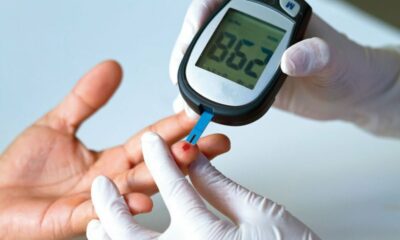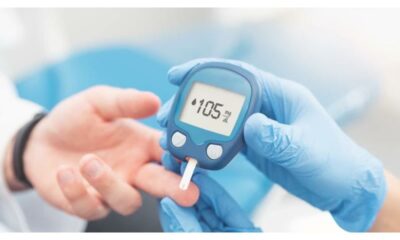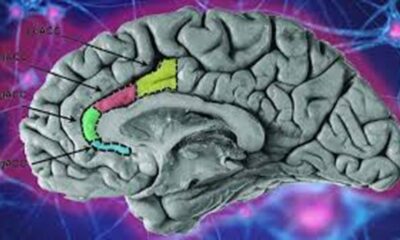Hematology
Study Looks at Depression Following CAR-T for Hematologic Malignancies and QoL
-

 General Medicine1 week ago
General Medicine1 week agoCDC Warns About Rising Dengue Fever Threat: Symptoms and Prevention Tips
-

 Diabetology2 weeks ago
Diabetology2 weeks agoFasting With Diabetes: Essential Tips for a Healthy Ramadan
-

 Diabetology2 weeks ago
Diabetology2 weeks agoEight Physical Clues Can Develop Your Body Diabetes
-

 General Medicine1 week ago
General Medicine1 week agoThe Rise of ‘Sleepmaxxing’: Evaluating 2025’s Viral Sleep Optimization Trends
-

 Diabetology5 days ago
Diabetology5 days agoUnderstanding Hyperglycemia: Causes, Symptoms, Prevention, and Effective Treatment
-

 Diabetology5 days ago
Diabetology5 days agoTop 15 Low Glycemic Index Foods for Better Blood Sugar Control
-

 Diabetology3 days ago
Diabetology3 days agoInnovative Diabetes Research Trends to Watch in This Year
-

 Diabetology5 days ago
Diabetology5 days agoComprehensive Guide to Oral Diabetes Medications: Types, Benefits, and Side Effects


















